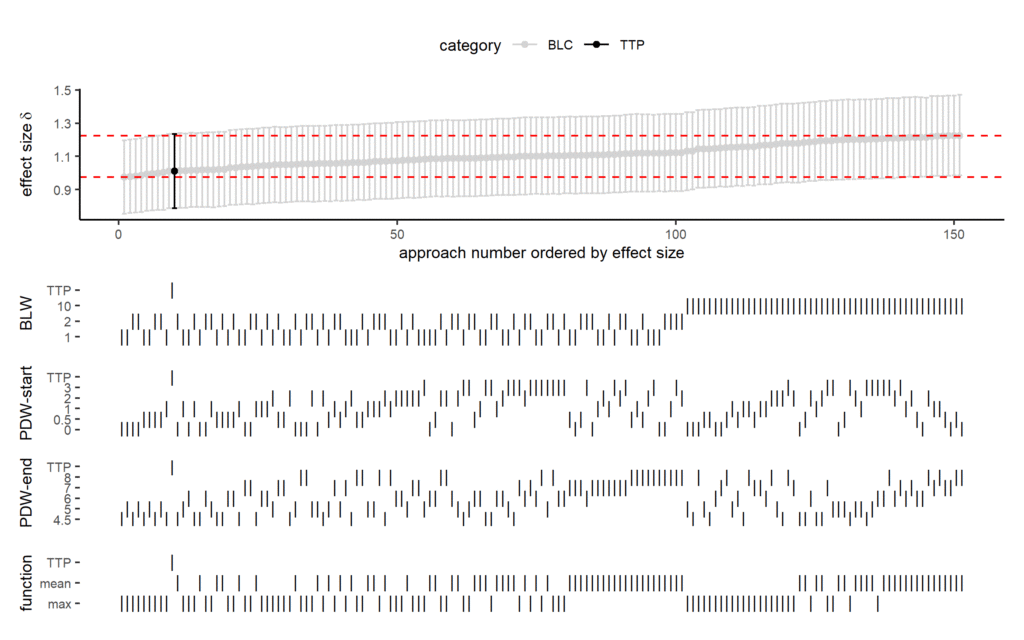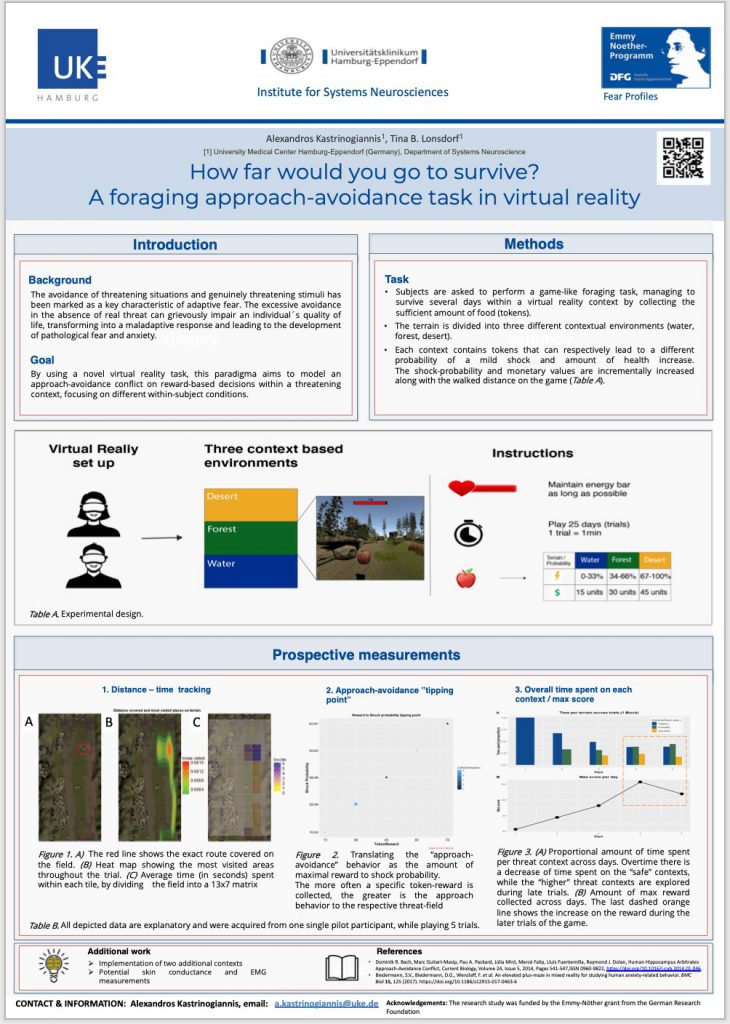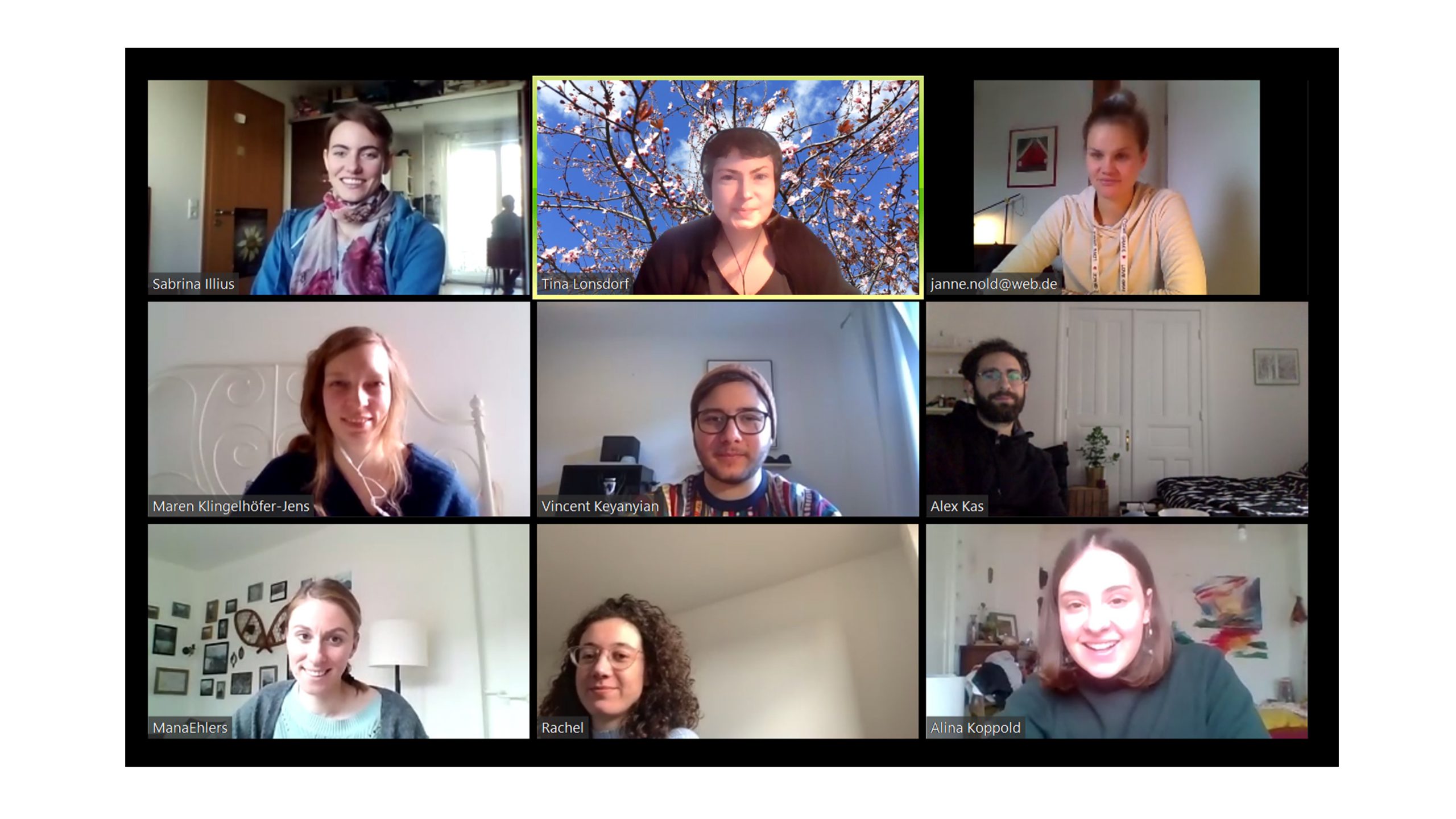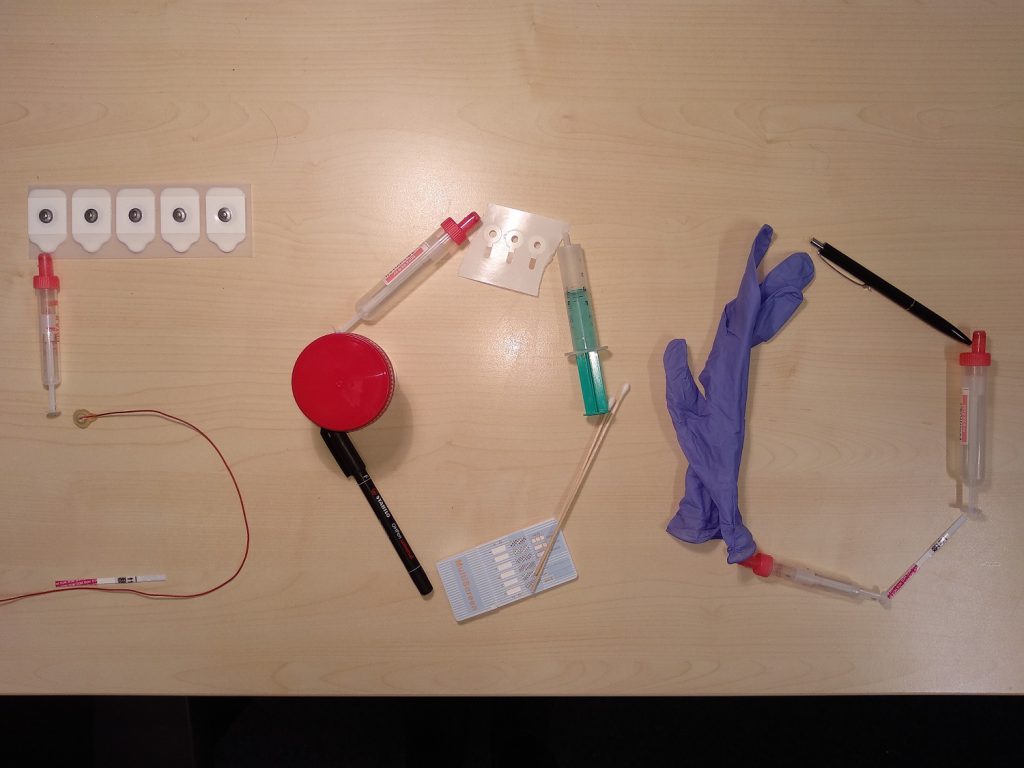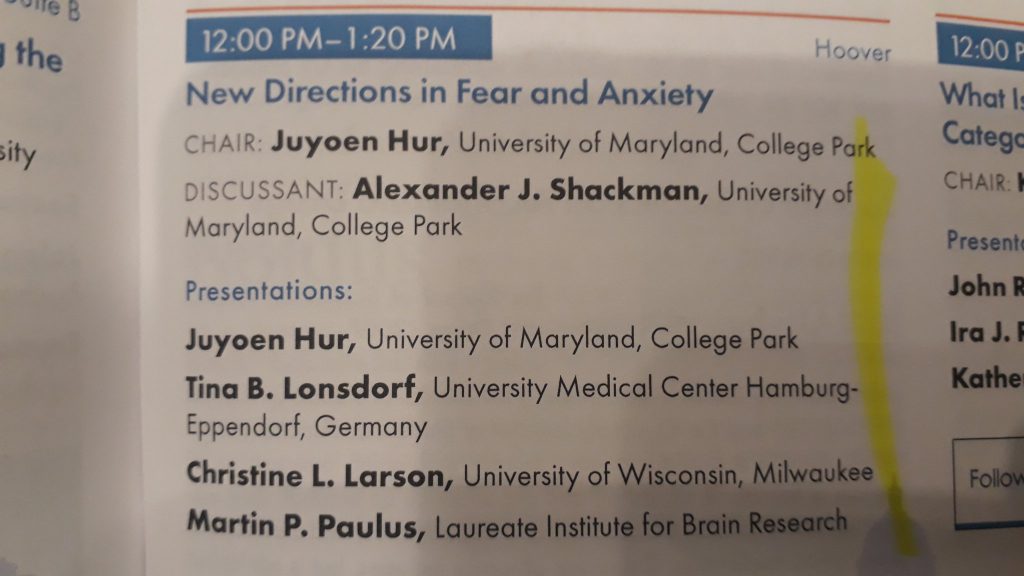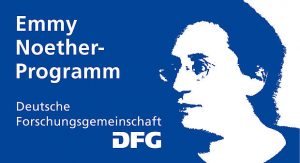In this pre-print by Maren Klingelhöfer Jens, Mana Ehlers, Vincent Keynayian (BA student) and former lab member Manuel Kuhn, we target the important question of individual and group level reliability of common measures in fear conditioning reserach: skin conductance, ratings and BOLD fMRI. Bottom line: group level stability is fine, individual-level stability did not make us very happy.
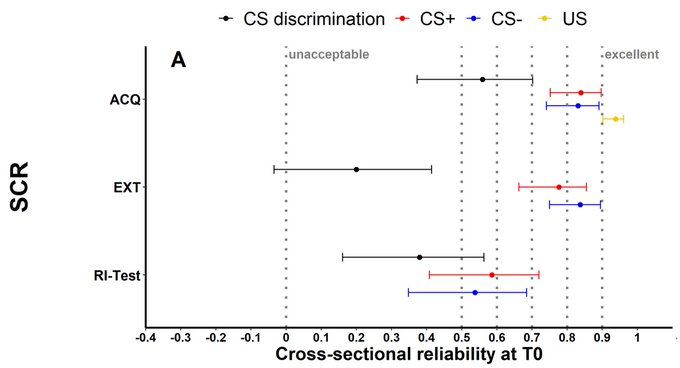
We also ask the related question to what extend responding in preceding experimental phases predicts responding in later experimental phases – a highly relevant question for clinical translation! Of course we do that multiverse-style!
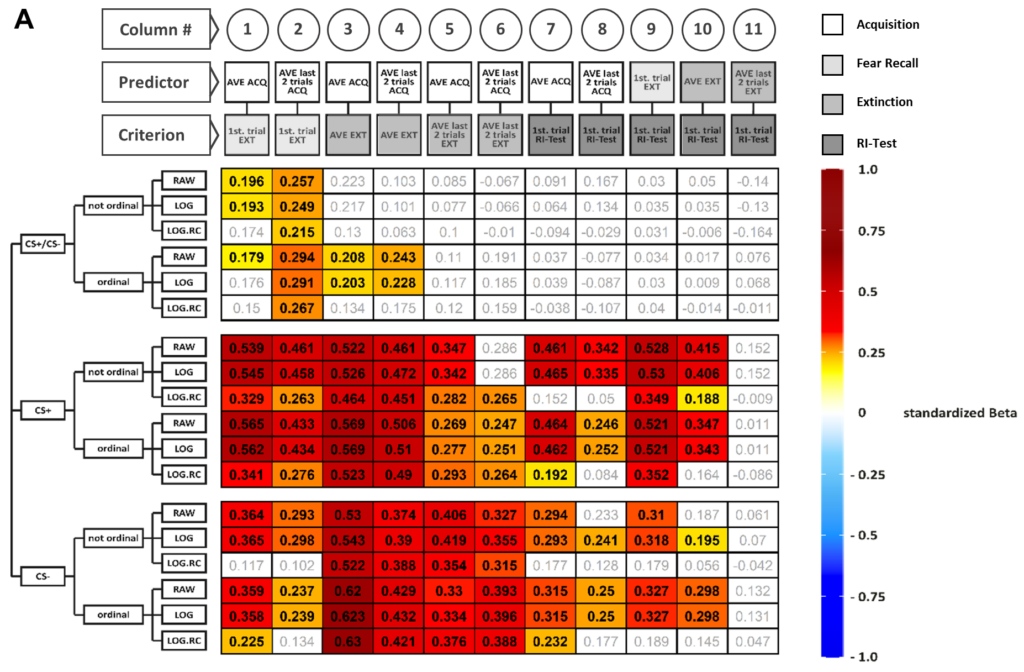
Bonus: Open data and code and you can do the magic to generate the manuscript from the data and code we provide! This is the lab’s 2nd manuscript written in a fully reproducibly way in R markdown! Well done team!

